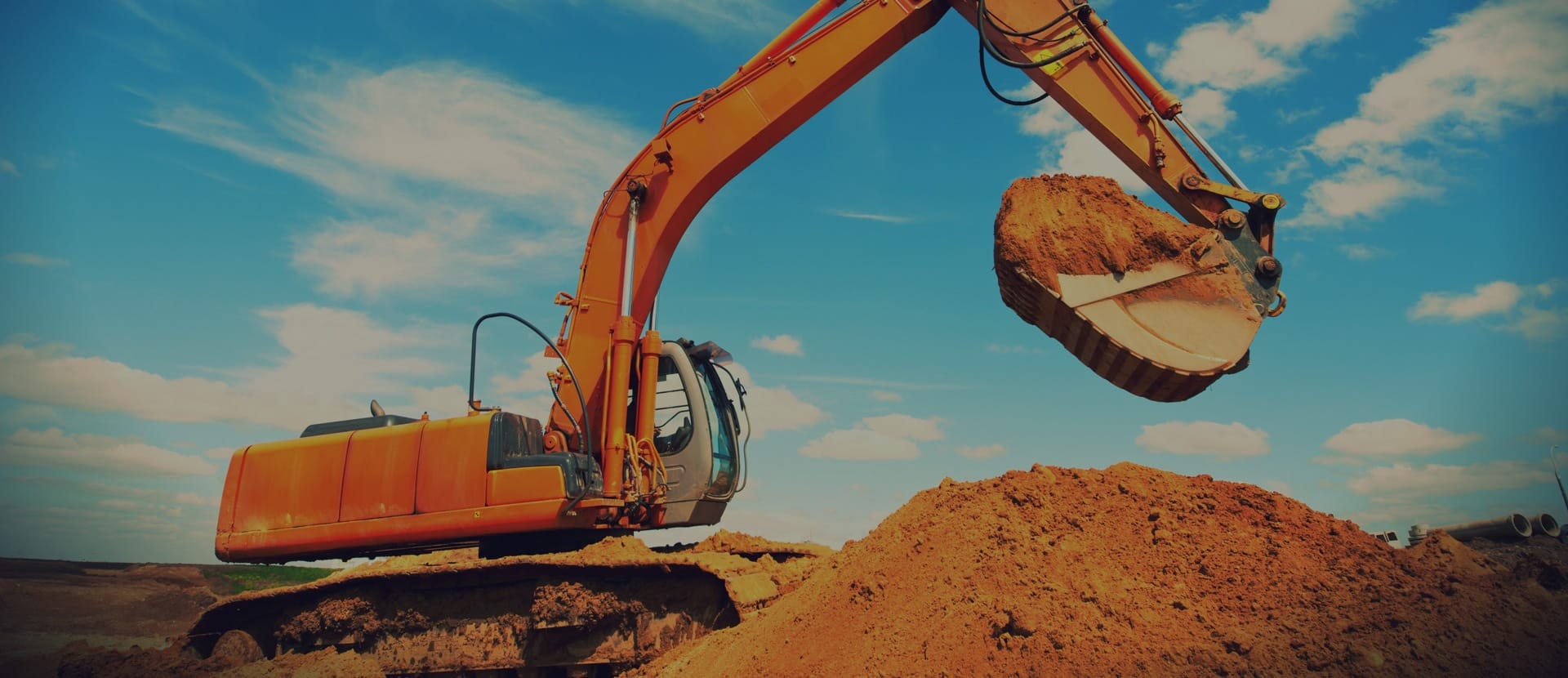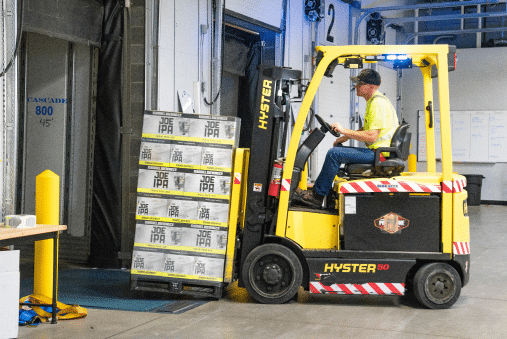
What Does an Equipment Operator Do on a Construction Site?
When you drive by a construction site, do you ever wonder who is driving that bulldozer or moving that crane? Those people aren’t just smooth operators, they’re equipment operators!
Whether it’s digging, lifting, or moving stuff around, equipment operators are essential to getting any construction job done. To begin today’s lesson, let’s dive into what equipment operators do, the different types you’ll find, and how you can become an operator today. Plus, we’ll give you tips on landing the perfect equipment operator job!

What Do Equipment Operators Do?
First, let’s talk about the daily grind of an equipment operator. Their main role is handling heavy machinery to ensure that a construction site stays on-track to complete a project on-time. Here’s a snapshot of what their day-to-day looks like:
- Machine Operation: One could find these operators inside a bulldozer, excavator, crane, or loader. Regardless of the equipment, these professionals are the masters of their machines.
- Maintenance and Inspection: To keep things running smoothly, equipment operators perform regular checks and minor repairs. Identifying issues early can prevent some extremely costly expenses and keep projects on schedule.
- Site Prep: Before any construction job can begin, operators clear debris from the working space, level the ground, and set up the groundwork. This kind of prep might involve digging trenches, grading land, and moving large materials.
- Safety Compliance: Safety is a mission-critical component to any construction site. Equipment operators follow strict safety protocols, wear protective gear, and stay alert to avoid accidents.
- Teamwork: Operators work closely with engineers, supervisors, and laborers to keep all construction jobs synchronized. Good communication and teamwork are key to meeting deadlines.
Types of Equipment Operators
There’s a variety of equipment operators, each specializing in a different piece of machinery accomplishing a different task. Here are a few examples:
- Excavator Operator: These are the people who operate a bucket arm (much like a giant shovel) made for digging trenches, holes, and foundations.
- Crane Operator: Crane operators lift and move heavy materials on a construction site. They need great hand-eye coordination and a deep understanding of crane mechanics.
- Bulldozer Operator: Bulldozer operators push around soil, sand, and rubble. They’re the ones clearing and grading the site, and sometimes even doing demolition work.
- Loader Operator: Loader operators use front-end loaders to transport materials like dirt and gravel. They’re crucial for site prep and material handling.
- Forklift Operator: You might see these professionals in Lowes or Home Depot, but forklift operators can be found in a variety of warehouses lifting and moving materials with precision. They’re essential to many projects in both warehouses and construction sites.
How to Become an Equipment Operator
So, are you now eager to become an equipment operator? If so, then here’s what you need to do:
- Education: While a high school diploma usually is acceptable, having some vocational training or a certification in heavy equipment operation will make you a much more appealing candidate to potential employers.
- Training: On-the-job training is where you’ll best learn the ropes. Apprenticeships or entry-level positions under experienced equipment operators are incredibly valuable.
- Licensing and Certification: Depending on where you live and the machinery you want to operate, you might need specific licenses or certifications. For example, crane operators often need certification from the National Commission for the Certification of Crane Operators (NCCCO).
- Skills Development: Key skills include mechanical know-how, hand-eye coordination, spatial awareness, and a good grasp of safety protocols. Keep learning and stay updated with new machinery and tech.
Finding Equipment Operator Jobs
Ready to find an equipment operator job? Here are some tips:
- Online Job Boards: Check out sites like Indeed, Monster, and LinkedIn for job listings. Set up alerts so you don’t miss out on any opportunities.
- Networking: One of the most important things in a job hunt is to be connected. Find industry events, go to job fairs, join professional associations, and network on social media. Being a referral for a potential employer can be essential to your job hunt.
- Recruiting and Staffing Services: These companies are great at matching you with the right job. When you use a company like NCW, our recruiters know the industry inside and out and can help with resumes, interviews, and market insights.
By trusting a company like NCW to aid in your job hunt, we’ll get to know you on a personal level to understand what kind of career you dream of building. Our recruiters want to understand YOU to match YOU with the perfect company and role for your future.
To sum it up, equipment operators are vital to the success of all construction jobs. Once you know exactly what operators do, the different types of operators one might find on a construction site, and how to become an operator, you’re on your way to a rewarding career. With the right assistance from experienced recruiters at NCW, you can climb into that driver’s seat in no time!
Next Steps
Ready to discover your success in the field? Connect with a recruiter and find work as an equipment operator today!
Submit your Resume Here
Click Here to Meet the NCW Team
